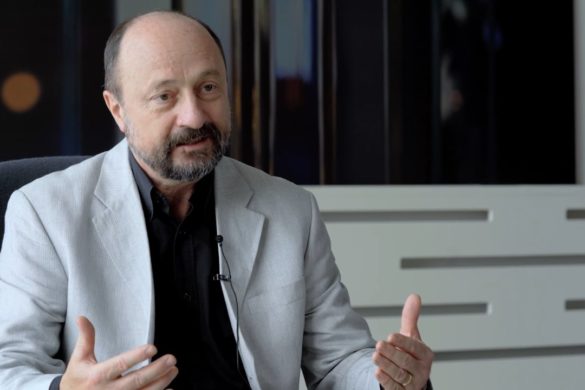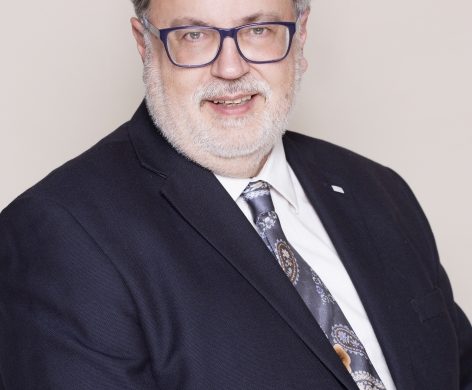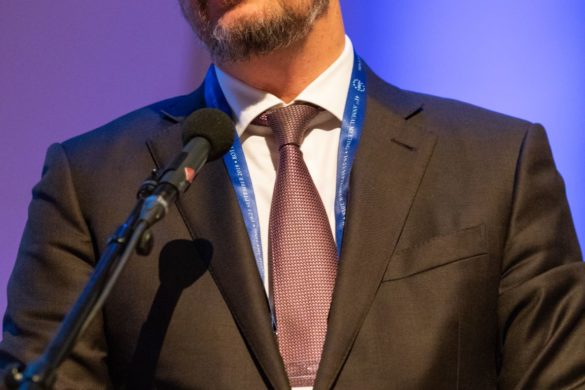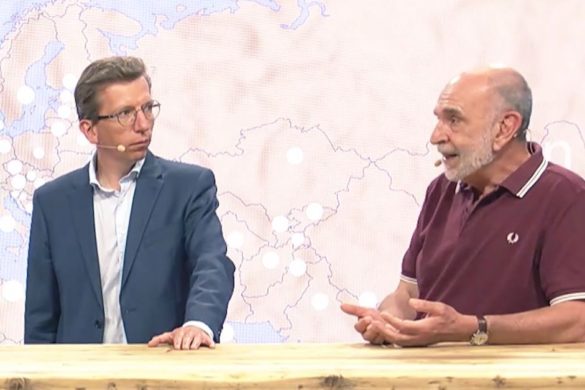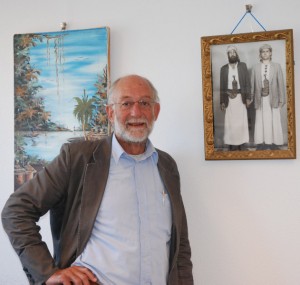 Balthasar Schaap is Secretary General of the European Federation of Neurological Associations (EFNA).
Balthasar Schaap is Secretary General of the European Federation of Neurological Associations (EFNA).
Gian Luigi Lenzi (GLL): Could you give us EFNA’s main goals, its structure and dimension in terms of number of National Societies involved, regional as well as European activities, major interests, and any other aspects you deem relevant?
Balthasar Schaap (BS): EFNA is an umbrella organization that represents many of Europe’s patient neurology associations – for example, my own group Euro-Ataxia, the European Headache Alliance, the European Multiple Sclerosis Platform etc. See our new website for details: www.EFNA.net.
Our vision is to contribute to a better quality of life in Europe for people living with a neurological disorder, and our goal is to care for the common needs of our members in a strong partnership with relevant stakeholders. This is reflected in our new slogan ‘Empowering Patient Neurology Groups’. Some of our activities center on promoting public awareness, understanding of neurological conditions and train patient representatives to be better advocates based on their knowledge of the disease in an appropriate way. For example, over many years we have been organizing courses in Health Technology Assessment with the London School of Economics for members of European Patient Organizations.
GLL: What would be your suggestion, from your point of view, to the young neurologists and the neurologists in training to improve doctor-patient relationship?
BS: We work closely with our medical partners. We were present at the EFNS congress in Stockholm and organized two sessions (The Good Life and the Public Awareness Session ). We contributed to the new proposed European training program for neurologists regarding patient concerns.
We are already involved in the EFNS Training/Education and Liaison Committees, and we hope to continue the close collaboration with the European Academy of Neurology (EAN) once established.
In particular the young neurologists should be addressed, not only to listen to the patient carefully but also to be an advocate for the patients and participate in their national or regional patient organizations according to their special interest as a medical advisor. This is one of the best learning experiences.
We have also submitted a proposal to EFNS for a collaborative project on improving communications between patient and doctor. This could be an exciting opportunity to work together in future.
GLL: Do you think that your patients with particular neurological diseases are interested in a widespread neurological consultation through our scientist panels?
BS: With Prof. Richard Hughes (current President of EFNS) we have discussed the future possibility of involving the relevant patient representatives in the disease-specific scientist panels at upcoming conferences. We are training our members to be ready to partner in these panels. They have the disease specific experience but many need training to be a reliable representative and advocate for their disease. However, it will be an asset for the scientific community to work with patients that have a clear opinion.
GLL: Thank you for you time.
Balthasar Schaap started his specialization soon after graduation from Erasmus University in Rotterdam in Tropical Medicine. After having lived and worked 15 years in Africa, Yemen and India he came back to The Netherlands as a specialist in Public Health. In his work for the District Health Authority he took up Forensic Medicine as his super specialty and served as head of department for many years with a training assignment for field training of doctors. His voluntary job was advising the Ataxia Patient Organisation in The Netherlands. Currently he is secretary general of the European Federation of Neurological Associations.




